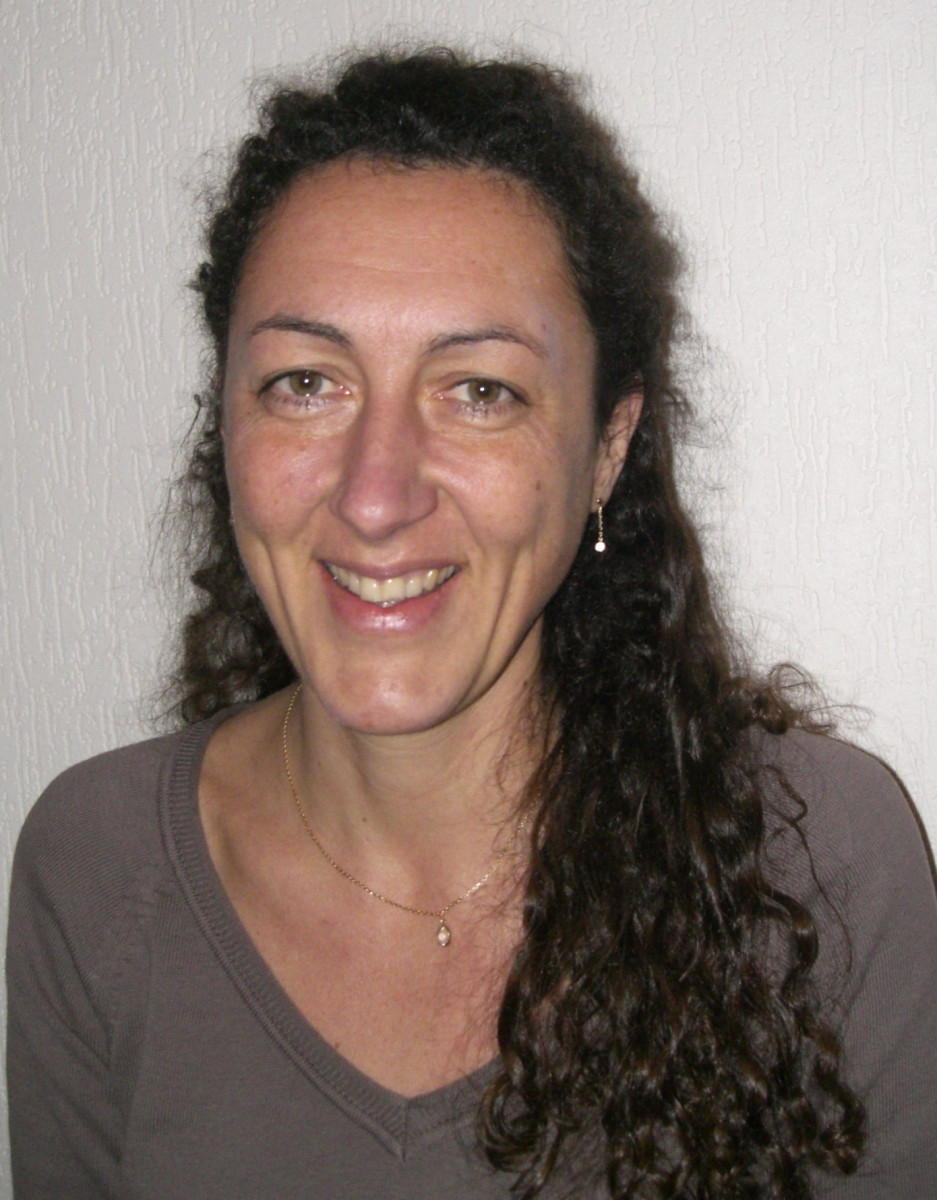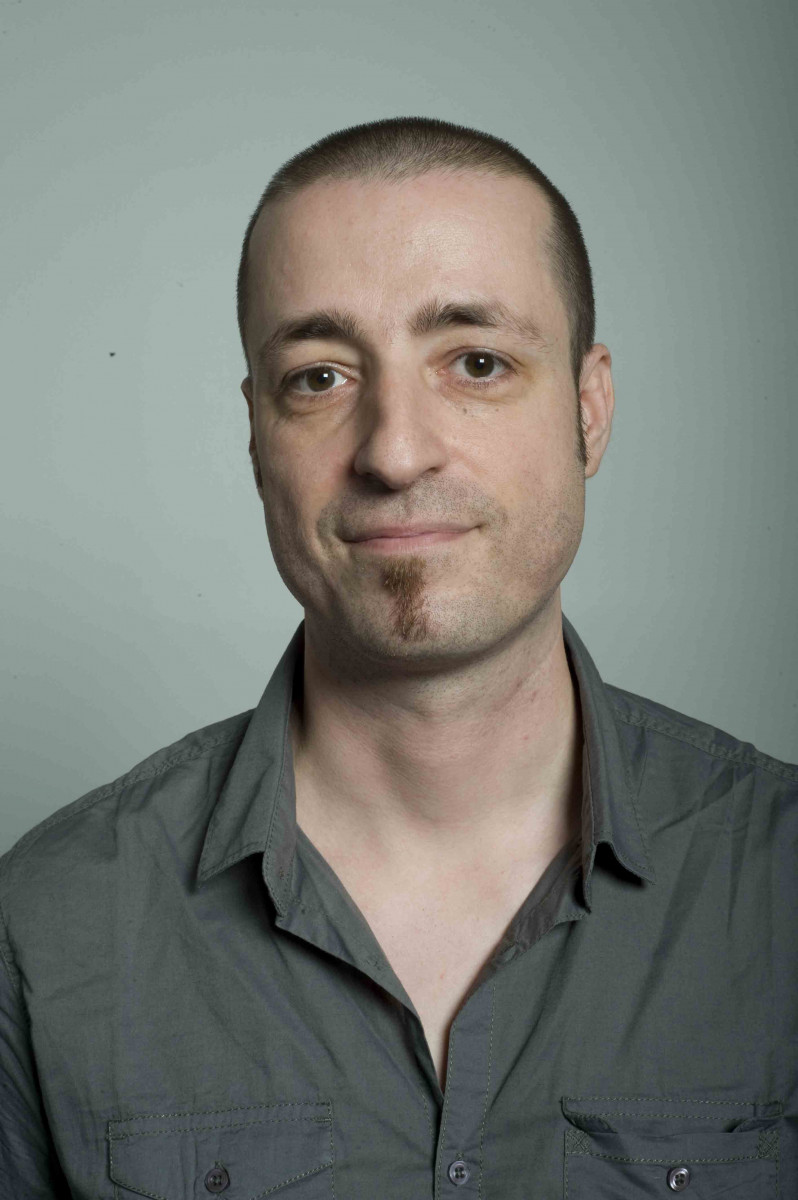Summary :
Since the 1990s, the rapid development of information and communication technologies (ICT) has been transforming our society. People with disabilities are increasingly demanding access to these technologies, a challenge for social and professional integration. In order to allow access to ICTs for people with neurodegenerative diseases, High-Tech Assistive Technology (HTAT) is needed to compensate the disabilities that are occurring. However, it is necessary to ask questions about the evaluation and acceptance of these HTAT devices and the ethics of our approach. In order to adapt to the specific needs of each person, the recommendation of these HTAT devices must be personalized, taking into account not only their disabilities, but also their life project and their unique environment. Nevertheless, it is possible that the person, even if he or she is an applicant, may not yet be ready to commit to such a process. In view of these elements, it seems essential that the recommendation of HTAT be based above all on a person-centred approach while involving the person's entourage. This collaboration facilitates the acceptance and use of compensation solutions. The main challenge and the occupational therapist's missions are to accompany and involve the person concerned, while respecting his or her choices. This involves focusing on the strengths and potential of the person, considering him or her as an expert, and identifying the internal (motivation, values, knowledge, etc.) and external (social support, environment, etc.) resources that can be integrated into this process.
Cet article est payant !
Je suis abonné, je m’identifie ci-dessous.
Je ne suis pas abonné, j’achète ici
Article rédigé par :
-

Violaine Guy
Ergothérapeute DE
CENTA : Centre d’études et de nouvelles technologies pour l’autonomie
Centre de référence maladies rares, SLA et autres Maladies du neurone moteur
Centre expert Parkinson et éducation thérapeutique du patient
Hôpital Pasteur 2 – CHU de Nice
guy.v@chu-nice.fr
-

Samuel Pouplin
Ergothérapeute PhD
Docteur en sciences de la motricité et du mouvement humain
Plate-forme nouvelles technologies, hôpital Raymond-Poincaré, Garches
Unité de recherche ERPHAN, Université Versailles – Saint-Quentin
samuel.pouplin@aphp.fr

